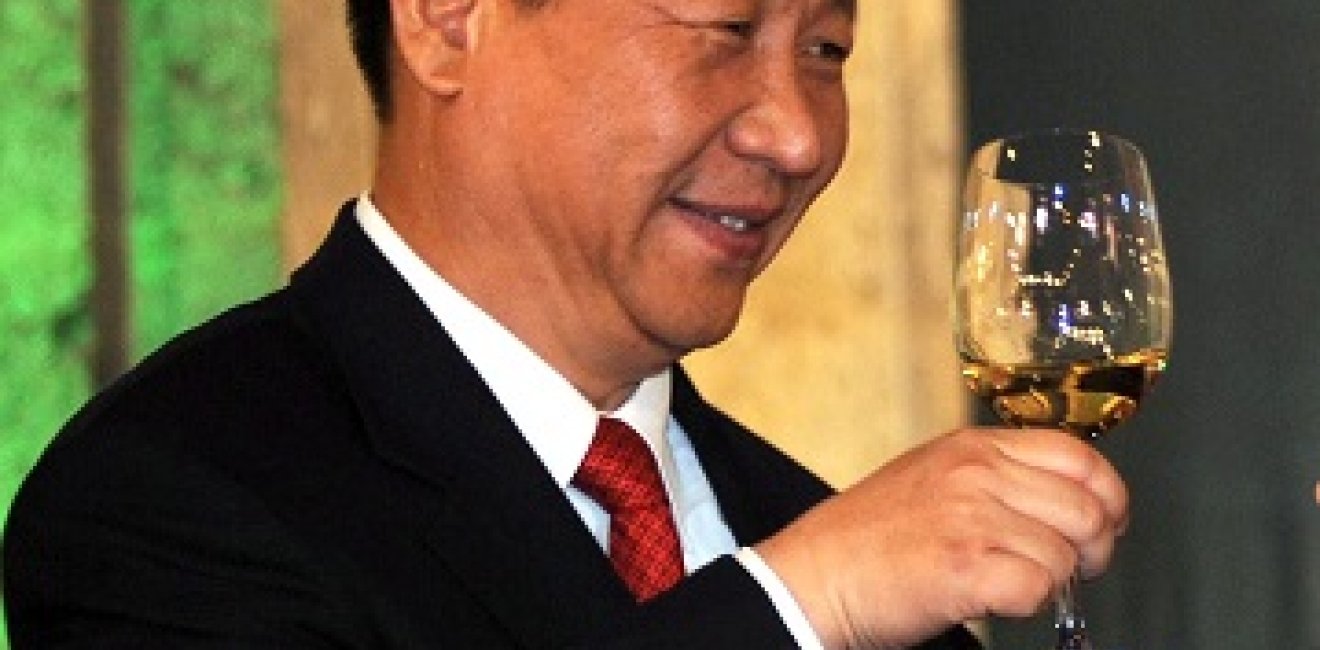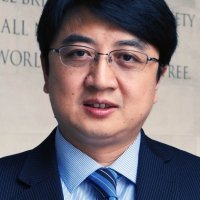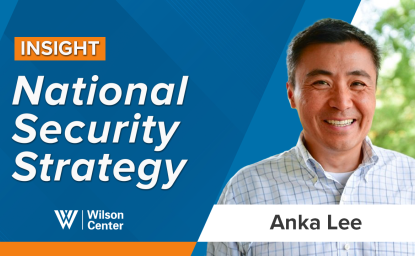Between Bullying and Flattery: A Theory on Chinese Politics
Whether bullying or flattering the top leader, China’s bureaucracy always has its own interests at heart.
Whether bullying or flattering the top leader, China’s bureaucracy always has its own interests at heart.

There is a special phenomenon in Chinese politics that characterizes the interactions of the country’s top leaders and the bureaucrats. I call it theory because it has occurred repeatedly throughout China’s long history. In China, when the top leader is weak, the bureaucrats—especially the senior officials—would take advantage of the weak leadership and create supplementary difficulties for the leader to carry out his policies. They would steal his power and make him a mere figurehead. Very often powerful warlords, and/or eunuchs, emerged as the real controllers of the country. On the other hand, when the leader is strong and powerful, the bureaucrats will do anything to flatter, praise, and adore their leader and to make him happy—through god-making campaigns and hero worship.
In either scenario the bureaucrats are trying to influence the leader, and protect and maximize their own interests. China’s bureaucratic hierarchic system has a longer history than anywhere else in the world, and China also has the largest number of government officials. It is this group of people that perform the day-to-day governance; they are the ones that are actually running this big country. From the Qin Dynasty (221-206 BC) until today, this basic scenario hasn’t changed.
The two recent administrations in China have proved this theory correct once again. Hu Jintao was a weak leader, and during his term (2002-2012) his power was very limited and he was a figurehead to some extent. Several Politburo members such as Zhou Yongkang, Guo Boxiong, and Xu Caihou became very powerful, and Hu’s top assistant and chief of his office, Ling Jihua, was to some extent the real person in charge of many of China’s political affairs. Hu’s retirement paved the way for the emergence of a new strong leader. Xi Jinping is now generally considered China’s most powerful leader since Deng Xiaoping. The history repeating itself now is that China’s bureaucrats have begun a new campaign of “praising our great leader.”
For example, a recent video produced by the People’s Daily has been widely circulated on Internet. Through interviews of foreign students in China, this video makes Xi out to be an ideal leader. However, for many people outside China this is mere flattery. During my visit to China several months ago, I found every room in one of the hotels that I stayed contained a copy of Xi’s book The Governance of China, much like many Western hotels have a copy of the Bible. I also noticed that whenever there are any news or reports regarding Xi Jinping on China’s major Internet websites, all social commentary and reader remarks following these articles are full of nothing but praise-worthy feedback and opinions about China’s president. The only explanation for this complete blanket of positive opinions regarding Xi is that the propaganda department hires online writers to praise the great leader and at the same time delete all the negative postings.
A popular misunderstanding about Xi holds that he is trying to consolidate power to the level of Mao Zedong as a dictator. However, people who make these kinds of comments don’t fully understand the real dynamics of Chinese politics. Xi was appointed, and most of his Politburo Committee members were chosen by his predecessors, not him. If he doesn’t have authority and power, he can do nothing. And if he wants to avoid the same fate as Hu Jintao, he needs to consolidate power. Actually many Chinese scholars I have talked with consider it as a positive sign that Xi is taking the responsibility and initiative to make changes. They understand that he needs more power to implement his reform plans.
When speaking about China’s past dictators, such as Chairman Mao, we often overlook the important question of how Mao became a dictator. When he became a powerful leader, his followers and officials lavished praise upon him, creating a cult of hero worship centered on Mao, and in doing so they hid from him the truth and realities that existed beyond the veil of his built-up persona. It was the bureaucrats that made him a dictator. After the end of the Cultural Revolution, one of the important lessons the Party drew from the tragedy was the dangers of a cult of personality. But the role of bureaucracy in creating that problem remained unaddressed.
Many scholars believe one of the main reasons Mao launched the Cultural Revolution was that he was so disappointed that the communist bureaucrats were no different than those of the imperial dynasties. He wanted his revolution to create a new China, but his bureaucrats enjoyed being upper class and engaged in corruption. While any top leader has the ability to easily remove an official from their position, they could even torture them or kill them, just like Chairman Mao did during the Cultural Revolution. A huge number of Chinese senior bureaucrats were removed from their positions and received harsh treatment, including Deng and Xi Jinping’s own father.
However, the second part of the theory is that the final victory always belongs to the bureaucrats. After the Cultural Revolution, when Deng became the top leader, most of the bureaucrats that suffered during the Cultural Revolution resumed their posts and once again performed the day-to-day governance of the country.
What Xi should realize is that many of the problems of China are coming from this special group of bureaucrats. If he wants to conduct a comprehensive reform, if he wants to stop the cycle of this theory—weak leader/strong leader—and conduct real reform in China, he has to somehow change the bureaucratic system. The first step is to stop the propaganda department’s “praise our great leader” campaign.
This article was originally published in The Diplomat (December 31, 2015).


The Kissinger Institute works to ensure that China policy serves American long-term interests and is founded in understanding of historical and cultural factors in bilateral relations and in accurate assessment of the aspirations of China’s government and people. Read more



